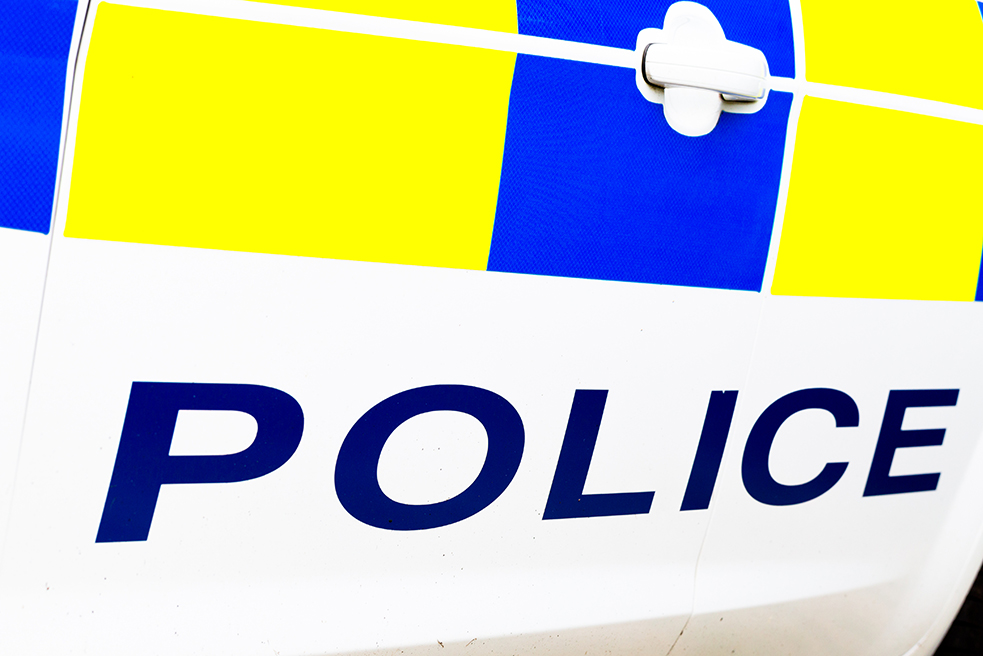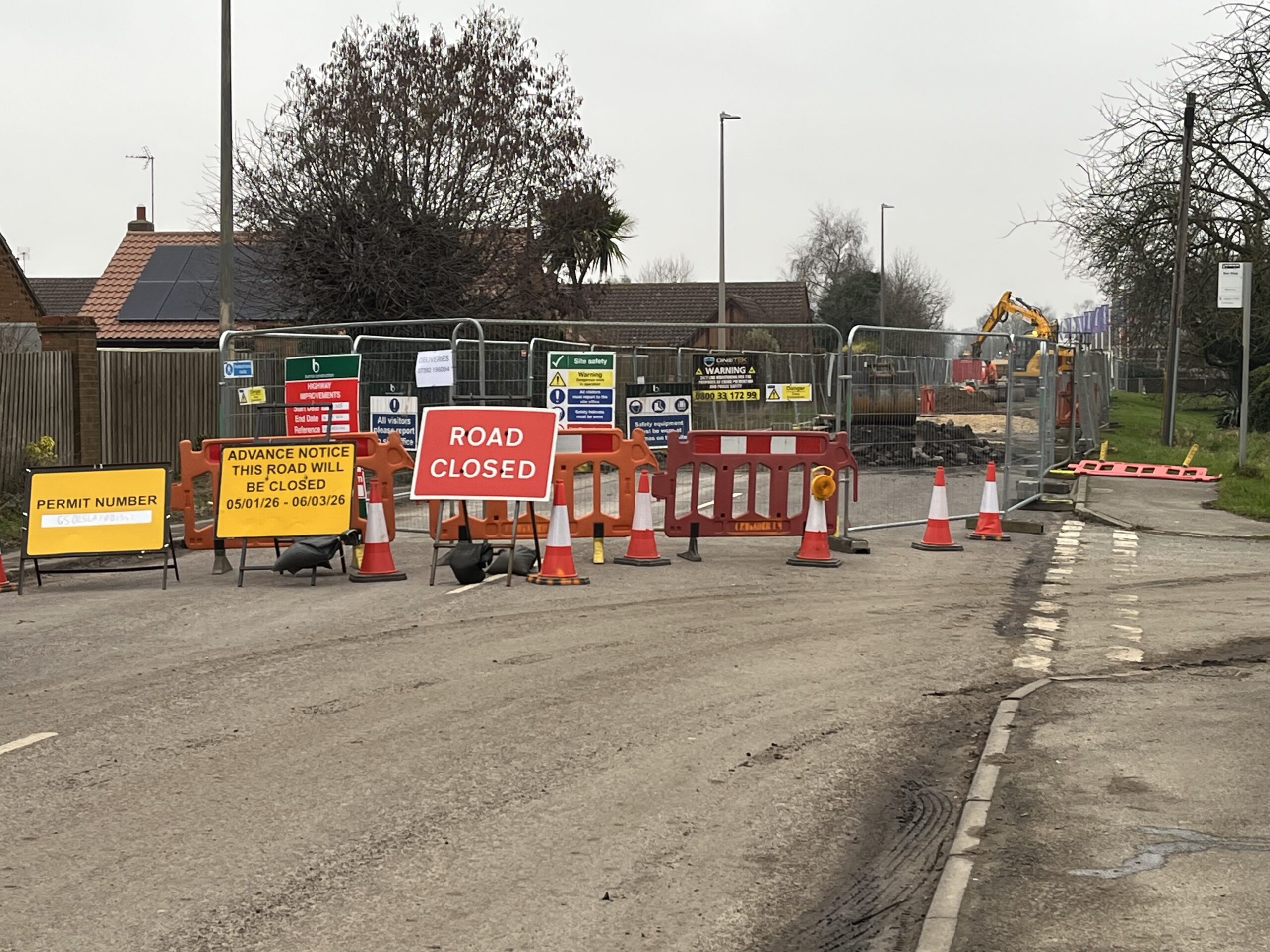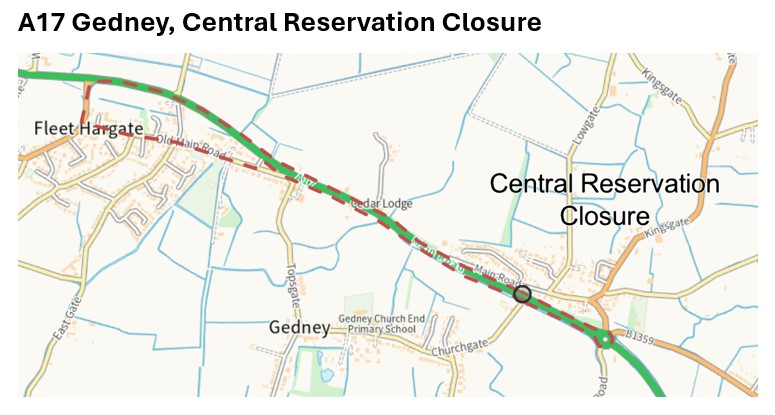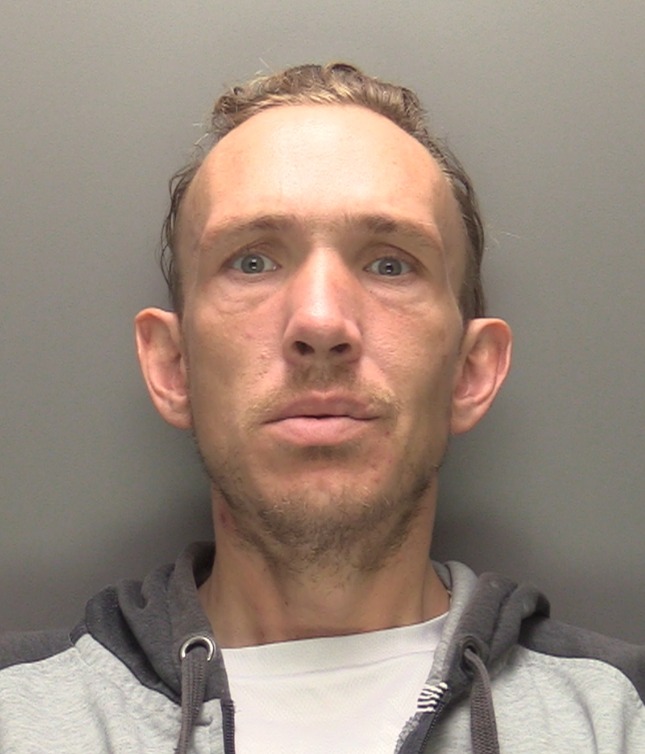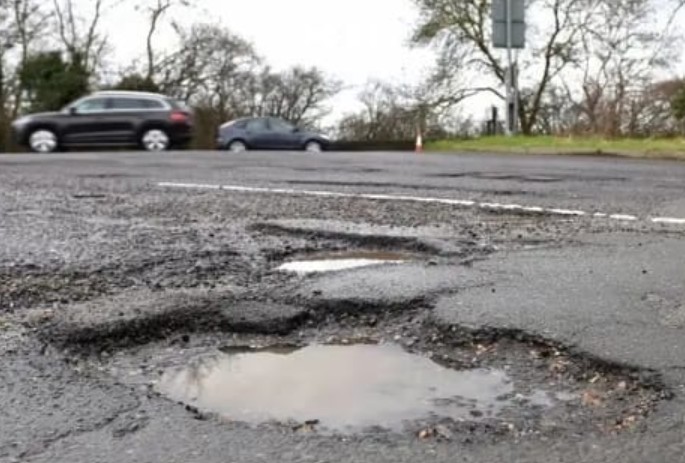Three quarters are against part-night lighting but a poor turnout in responses to a Lincolnshire County Council survey could be detrimental to the district having its voice heard, according to the review committee chairman.
In November, the council launched a questionnaire to determine the public’s view of part-night street lighting, which plunges streets into darkness after midnight.
The review has now been published and less than two per 1,000 people in South Holland shared their views. The only exception was Spalding, in which two to 3.9 per 1,000 people responded.
Of the 368 responses, 75 per cent said the part-night street lighting was negative or extremely negative. 9.5 per cent of those said it was positive or extremely positive, while 15.5 per cent said it had no impact.
Work and age played a large part in the responses.
Among those of working age, the opinion unlit streets are negative or extremely negative was prevalent, while over-65s made up the majority of those who said it was positive or extremely positive. Four out of five people under 54 had a negative response to the change.
The number of people who gave work as a reason trebled in Boston and South Holland, two districts with a high number of shift workers.
Lincolnshire County Council leader Martin Hill said previously “last time I looked, all cars had headlights on,” regarding travel at night. But Coun Angela Newton, chairman of the scrutiny committee, said the assistant chief fire officer told her some of his fire crew had trouble getting to the station during late-night calls due to poor visibility, especially for those who cycle. “If you’re on a bike, you’re lit up but you can only see a couple of feet ahead of you,” Coun Newton said. This information will be considered during the next scrutiny meeting in Lincoln today (Thursday).
Coun Newton said comments from Insp Gareth Boxall and data provided from the Road Safety Partnership will also be considered.
Coun Newton suggested that the poor response to the survey could be detrimental to the district’s voice being heard. However she said the figures suggest “people weren’t bothered, affected or couldn’t be bothered to reply”.
She said: “Could we read into that there not many people are effected? South Holland people didn’t put pen to paper. This probably will work against them.”
So far, Lincolnshire Police have said there has been no increase in crime but according to the survey, the public perception is a reduction in safety and higher threat of sexual assaults, burglaries, car and van crime, drug use, muggings and vandalism.
The responses also highlighted a perceived rise in car accidents and road collisions, especially regarding cyclists.
The report also states: “Part night street lighting has increased a general sense of social isolation and placed a curfew on some residents.
The report added: “Part night street lighting has had a negative impact on vulnerable people and has had a negative effect on some residents’ mental health.”

